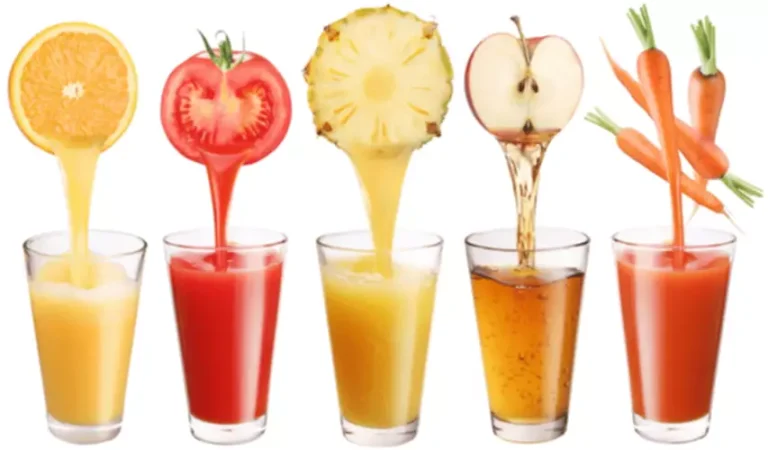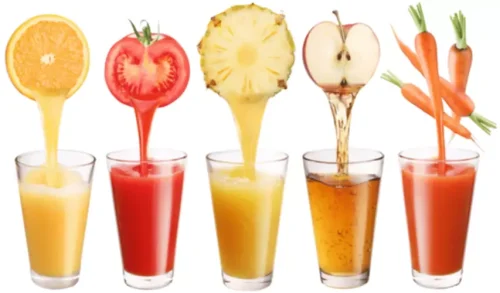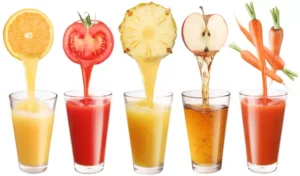
Remember that everyone’s body is different, and the rate at which alcohol is metabolized can vary. It’s essential to listen to your body, and prioritize your health and safety during the recovery drug addiction treatment process. Once alcohol is in your system, the natural question is how to expedite its removal. While time and liver metabolism are the primary factors, there are steps you can take to support this process.

Drink Lots of Water
Residential rehab is especially advantageous for those who struggle to remain sober and need assistance to overcome their addiction. Once you ingest alcohol, it passes through the portal vein to your liver and then to your heart via the hepatic vein. Alcohol is soluble in water, which allows it to spread throughout the body’s fluid compartments. The amount of fat versus lean muscle someone has can influence their volume of distribution, which could explain why men and women show different responses to alcohol.
- To ensure you are drinking in moderation, check the strength or percentage of pure alcohol in your drink.
- Once alcohol enters your bloodstream after you drink, your body starts to break it down and metabolise a portion every hour.
- On the other hand, common short-term risks involve having a hangover, alcohol poisoning, road accidents, and physical assault.
- While it may sound counterintuitive, increasing your water intake is one of the best ways to eliminate excess water weight from consuming too much salt.
- Factors like metabolic rate, body composition, and alcohol tolerance also play a role.
Foods to Avoid During Alcohol Detox

After a night of drinking, you may experience fatigue, queasiness, and low blood sugar. This is especially true if you did not consume adequate food before, during, and after drinking alcohol. Eating complex carbohydrates like toast, crackers, and bagels can help alleviate nausea and bring your blood sugar levels back up. Addressing nausea is important to prevent vomiting that can further dehydrate you.
Life-Threatening Impairment (0.31–0.45% BAC)
- Mindful drinking can have a significant impact on reducing alcohol consumption and promoting a healthier relationship with alcohol.
- When your body is working to flush alcohol out of your system, certain foods can hinder this process.
- These conditions can cause harm to organs important to detoxifying, such as your liver and kidneys.
- As a matter of fact, 90% of the metabolism of alcohol into water and carbon dioxide is performed by the liver.
However, alcohol is highly susceptible to many factors that affect how long it stays in the body. From age, metabolism, and even the type of food someone eats (or doesn’t) impacts how long alcohol stays in the system. Of course, how many drinks per hour someone had will also affect these factors.

However, as you go through the strenuous activity, you must keep a water bottle beside you to stay hydrated. Drinking water does not affect the speed of alcohol metabolism in the body. A regular-sized drink will take 1 to 1.5 hours to process, no matter how much water you consume along with it. However, drinking water between alcoholic beverages best way to flush out alcohol can help stave off a hangover or reduce its severity. Remember that while these foods and drinks can support your recovery, the most effective way to eliminate alcohol from your system is time.
Two Amino Acids Administered Intranasally Could Cure Parkinson’s Disease
Eating oily fish high in Omega-3 fatty acids can protect the brain against irreversible damage from alcohol consumption, warding off dementia and other conditions. It is a vital diet ingredient for all individuals recovering from alcoholism. When recovering from alcohol intoxication, it is common for people to crave junk food. Eating dishes with high levels of saturated fat will only add more stress to the digestive system, so it has to work harder to eliminate the remaining alcohol. If you have been drinking, green tea is an excellent way to preserve your liver and counter the symptoms of intoxication.
- It should not be used to replace the suggestions of your personal physician or other health care professionals.
- For example, high consumption of sugary beverages can cause fatty liver, a condition that negatively impacts liver function (30, 31, 32).
Green tea extract mouthwash was found to have an immediate inhibitory effect on the production of VSCs, which causes bad breath, although the effect did not last after 90–180 minutes. Your body has a sophisticated way of eliminating toxins that involves the liver, kidneys, digestive system, skin, and lungs. Still, only when these organs are healthy can they effectively eliminate unwanted substances. By reducing inflammation, exercise can help your body’s systems — including its detoxification system — function properly and protect against disease.


While certain techniques may help a person feel more awake, they will not eliminate alcohol from the blood more quickly and so will not lower the BAC level. Alcohol intoxication is a temporary condition that can impair coordination, decision-making, impulse control, and other functions, which can increase the risk of harm. As such, people may want to sober up to lessen these effects and try to prevent a hangover. Obesitysignificantly increases your risk of developing nonalcoholic fatty liverdisease. As mentioned in myth #4, fat in the liver can cause inflammation,which may lead to the development of fibrosis andcirrhosis. In fact, coffee and black tea have been used traditionally to reduce bad breath, especially in the morning.
- This is because the body closes a valve at the bottom of the stomach when digestion occurs.
- Ria Health offers several FDA-approved medications for alcohol use disorder.
- When you consume alcohol, it enters your bloodstream and affects every part of your body.
- The liver needs time to filter blood and remove alcohol from the system.
- Sleep is crucial as it allows the body to focus on metabolizing alcohol without interference from additional alcohol consumption.
These conditions can cause harm to organs important to detoxifying, such as your liver and kidneys. Limiting or abstaining entirely from alcohol is one of the best ways to keep your body’s detoxification system running strong. Excessive drinking can severely damage your liver function by causing fat buildup, inflammation, and scarring (9).